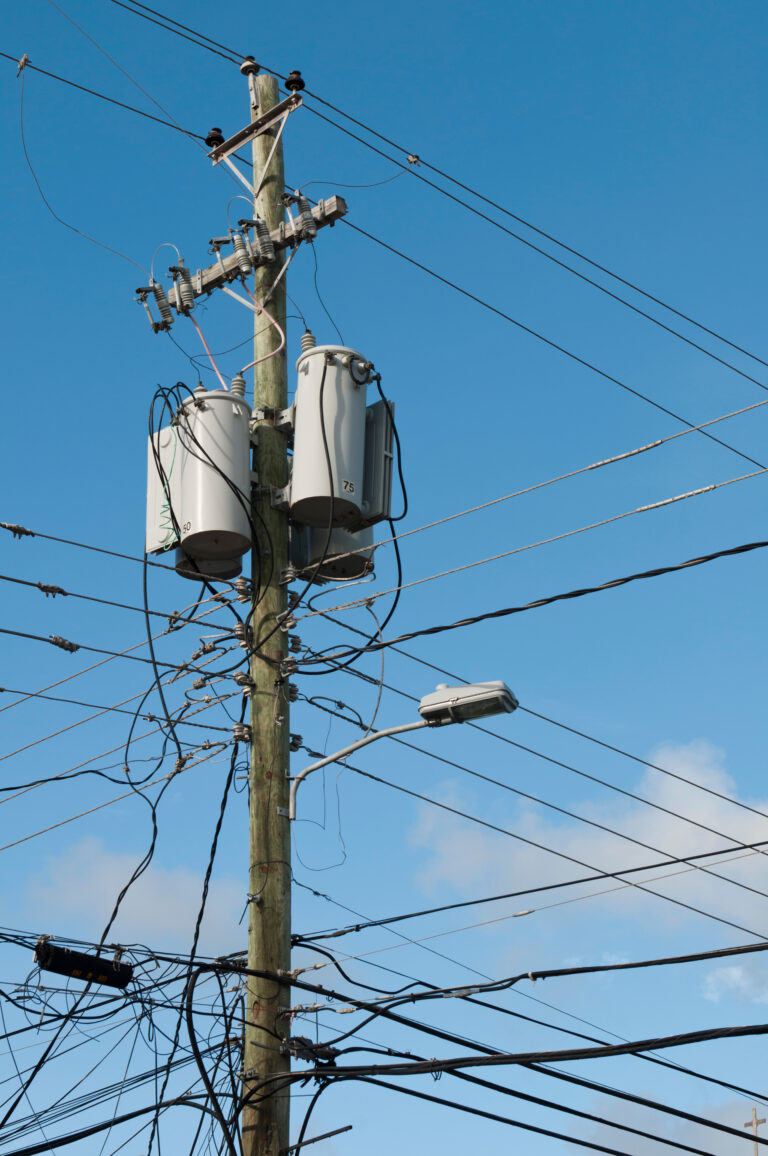The Rise of Remote Work and the Need for Colocation Data Centers
Remote work has become increasingly popular in recent years, with more companies offering flexible working arrangements to their employees. This shift towards remote work has led to a greater need for colocation data centers as businesses look to store their data securely while still being able to access it from anywhere in the world. In this blog post, we’ll explore why remote work is on the rise, how less corporate real estate drives the need for colocation data centers, and why these facilities are essential in today’s remote work world.
Introduction to Remote Work and Colocation Data Centers
Remote work refers to any type of employment that allows workers to complete their tasks outside of a traditional office setting. This can include working from home or other locations such as coffee shops, coworking spaces, or even different countries. With advancements in technology, many jobs no longer require employees to be physically present in an office, making remote work a viable option for many industries.
Colocation data centers provide businesses with secure storage solutions for their IT infrastructure. These facilities offer high-speed internet connections, backup power supplies, and advanced security measures to protect against cyber threats. By using a colocation data center, businesses can ensure that their data remains safe and accessible at all times, regardless of where their employees are located.
Benefits of Remote Work for Employees and Companies
There are several benefits to both employees and companies when it comes to remote work. For employees, remote work offers increased flexibility and autonomy over their schedules. They may have more control over their daily routines, allowing them to better balance work and personal obligations. Additionally, remote work can reduce commuting time and costs, leading to improved work/life balance and higher job satisfaction.
For companies, remote work can lead to cost savings by reducing overhead expenses associated with maintaining a physical office space. It also opens up opportunities to hire talent from around the globe, rather than limiting recruitment efforts to local candidates. Furthermore, studies show that remote workers tend to be more productive due to fewer distractions and interruptions compared to those who work in a traditional office environment.

How Less Corporate Real Estate Drives the Need for Colocation Data Centers
As more companies embrace remote work, there is a decreased demand for large amounts of corporate real estate. Many organizations are downsizing their offices or moving away from traditional office settings altogether. However, despite having less physical space, businesses still require reliable and secure storage solutions for their IT infrastructure.
This is where colocation data centers come into play. By utilizing these facilities, businesses can store their critical data and equipment offsite without sacrificing accessibility or security. Colocation providers typically offer scalable solutions that allow businesses to easily expand or contract their needs based on changing demands.
Conclusion: Why Colocation Data Centers are Essential in a Remote Work World
In conclusion, the rise of remote work has created a greater need for colocation data centers. As businesses continue to prioritize flexibility and cost savings, they will seek out innovative solutions like colocation to meet their IT infrastructure needs. The benefits of remote work for both employees and companies make it clear that this trend is here to stay. And with the COVID-19 pandemic accelerating the adoption of remote work, now is the perfect time for businesses to consider colocation data centers as part of their overall strategy.



